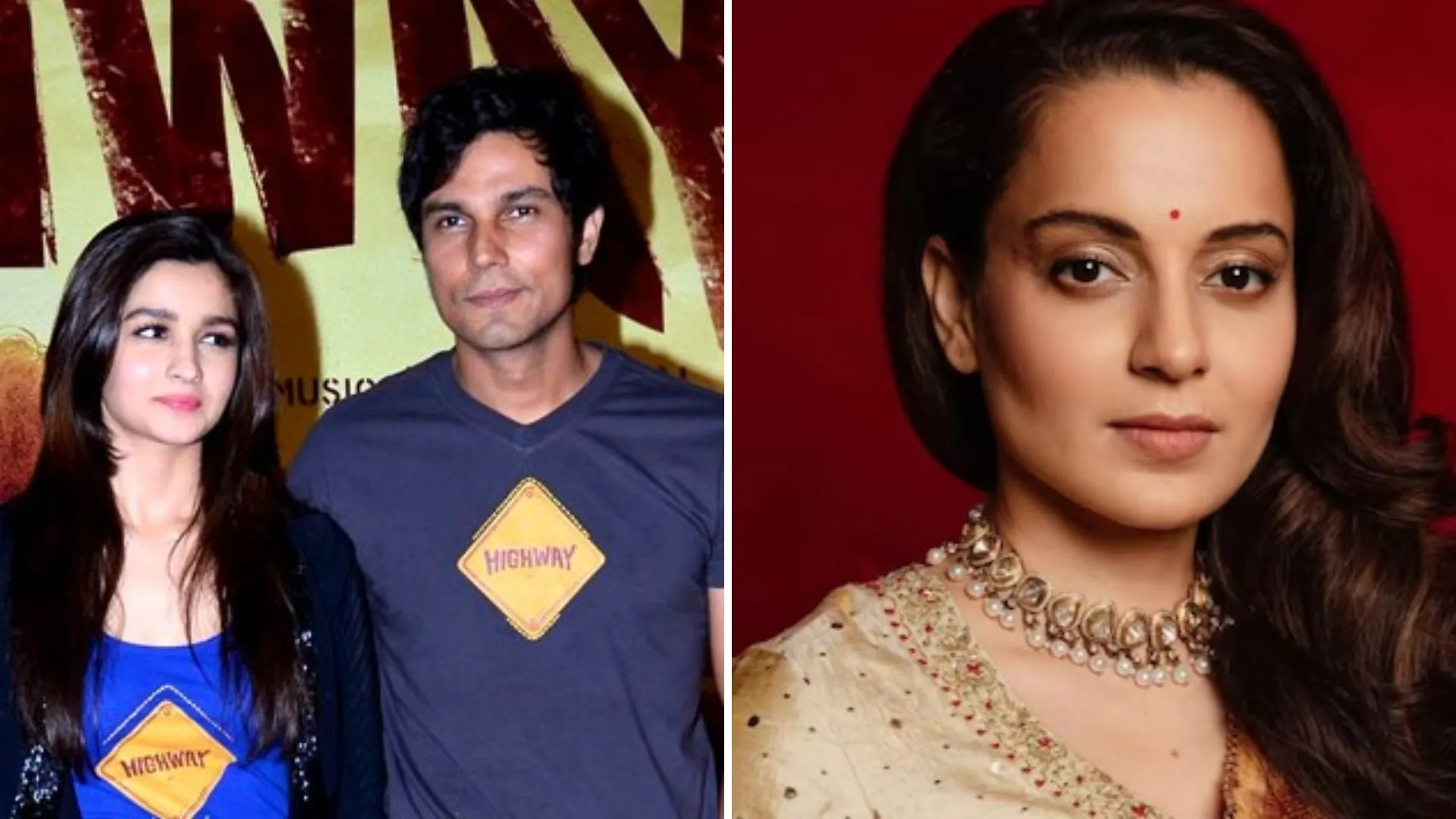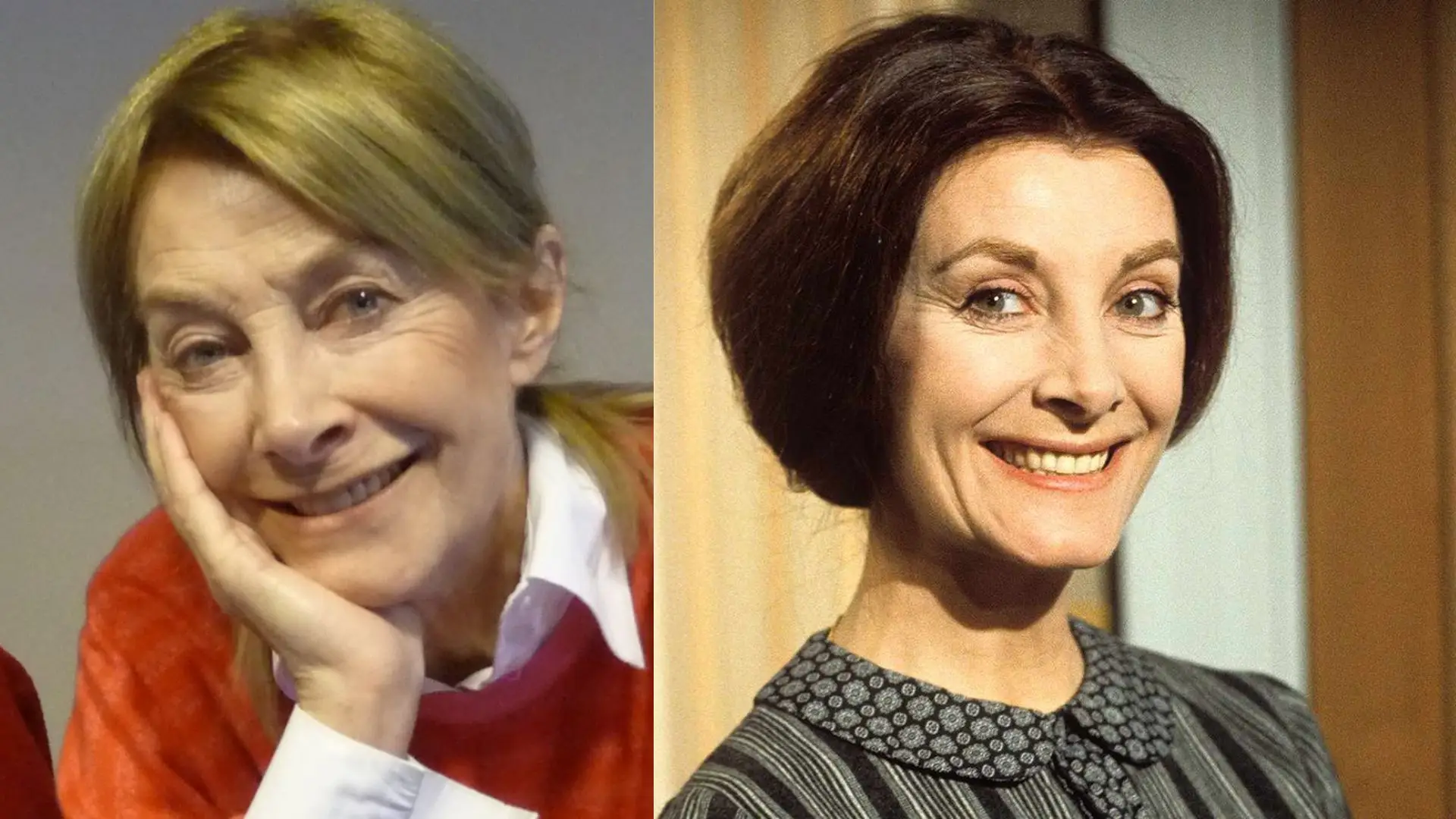In a troubling escalation of violence against medical professionals in India, Dr. Javed, a physician at Nima Hospital in Delhi, was shot dead by two unidentified assailants. This incident highlights a disturbing trend affecting healthcare workers across the country.
The attack occurred when the two men approached the hospital seeking treatment for an injury. After receiving care, they asked to meet Dr. Javed. Upon entering his cabin, they opened fire, fatally wounding him. Staff reported that the assailants appeared calm, raising concerns about security measures in hospitals.
This incident follows ongoing protests by the medical community, demanding better safety and protection for healthcare workers. These calls for action intensified after the tragic rape and murder of a trainee doctor at Kolkata’s RG Kar Medical College and Hospital. This shocking event highlighted the vulnerabilities faced by medical professionals, particularly women.
MUST READ: Former CM Baghel Defends Congress’s Role In Patriotism
Protests in various cities have focused on the need for stronger security in hospitals and better support from law enforcement. Medical professionals are advocating for a zero-tolerance policy against violence, emphasizing that they should be able to work without fear.
Attacks on medical staff not only jeopardize their lives but also threaten public health. Such violence can create an atmosphere of fear, discouraging individuals from pursuing careers in medicine, potentially leading to a shortage of healthcare professionals.
The psychological toll on those in the profession is significant. The constant threat of violence can lead to burnout and decreased job satisfaction, ultimately affecting the quality of patient care. Many healthcare workers are now re-evaluating their roles, weighing the risks against their commitment to serving the community.
In light of this tragic event, healthcare organizations are urging the government to implement stricter laws to protect medical professionals. They are advocating for enhanced security protocols in hospitals, swift legal action against perpetrators of violence, and improved training for law enforcement on handling cases involving healthcare workers.
Public awareness campaigns are also essential to change societal attitudes toward medical professionals. Fostering a culture of respect can help mitigate violence and create a safer working environment.
The killing of Dr. Javed serves as a stark reminder of the risks faced by healthcare workers in India. As the medical community seeks justice and security, it is crucial for both the government and society to take meaningful steps to ensure the safety of those dedicated to healing others. Without immediate action, ongoing violence threatens not just healthcare professionals but the health of the entire nation.
ALSO READ: Badlapur Sexual Assault: Two Accused Arrested By Thane Crime Branch























